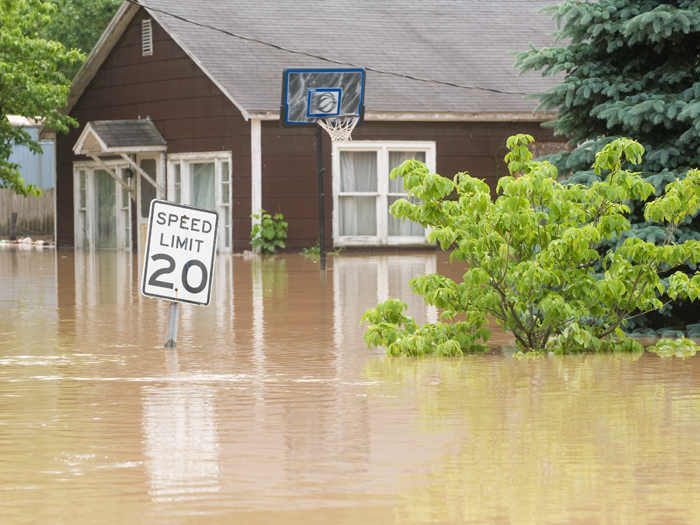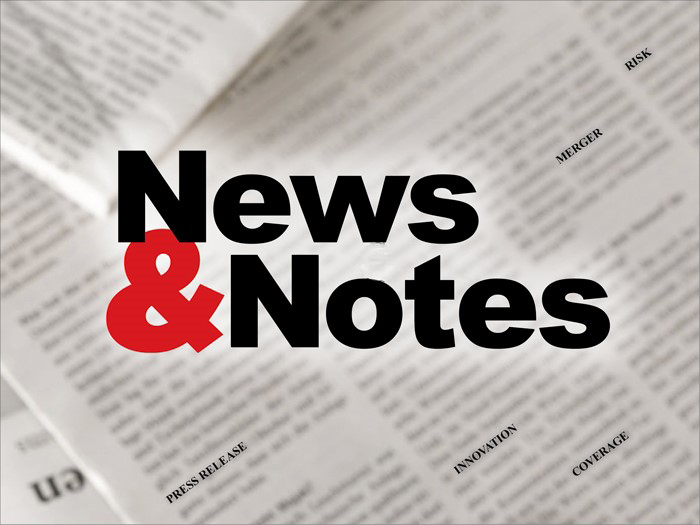Risk Management
Don’t Wait For a Loss. Ask Your Insurer These 5 Critical Questions Today

Insurance may be the only product businesses buy hoping to never use, despite how much work goes into the transaction process. Underwriters and buyers are focused on understanding the risks accurately, tightening up policy wording and pricing appropriately — a process requiring a lot of data-sharing and negotiation.
Looking ahead to a potential claim seems secondary when all parties are absorbed in binding coverage.
But when that unfortunate event does happen, simply having a policy in place may not be enough if companies and their carriers haven’t laid the groundwork to trigger coverage and kickstart their claim response.
“On the day you are purchasing your insurance policy, it pays to remember what you’re really buying. In the world of insurance, claims is the product,” said David Crowe, Senior Vice President, Head of Global Claims, Berkshire Hathaway Specialty Insurance. “Optimizing claims handling should be on everyone’s agenda from day one.”
Crowe identified five critical questions you should ask your insurer before a loss – even during the underwriting process — to ensure the best possible claims response that meets the expectations of all parties.
1. Which insurer will lead my claim?
Multiple insurers may be involved in property programs. If you suffer a loss triggering that policy, which carrier(s) will take the lead in administering the claim?
This dictates who to contact both to report the claim and for regular updates about claim status. Ideally, the insured and market can agree up front on a lead carrier who will coordinate the market response to a claim.
“The lead adjuster will also coordinate coverage with the market participants to ensure a streamlined payment process,” Crowe said. “Choosing your leader ahead of time and having a single point of contact helps to eliminate individual carrier coordination and potential disputes down the road and keeps a claim moving forward smoothly.”
2. Who are the people on my claims team?
Insureds should know their claims team personally from the time they sign a contract.
Right after a loss is not when a risk manager should be rifling through files trying to locate the name of their contact and introducing themselves for the first time.
“Claims handling is about people serving people. When you begin to establish a rapport with your claims handlers during face-to-face underwriting meetings, it will serve you well when you need to team up to tackle a loss,” Crowe said. “Building a relationship from day one establishes trust, which provides peace of mind and makes communication easier during a claim.”
“The sooner you get to know your adjusters, the better.”
3. What specific steps should I take to report a loss?
Policies typically require loss details to be reported within specific timeframes or through specific channels. Failure to follow these guidelines could result in denial of coverage.
During initial meetings to iron out policy details, “insurers can share their specific claim service standards, and the insured can likewise share any specific claims handling instructions — which should be documented and made easily accessible to all at a moment’s notice,” Crowe said.
“Knowing the ‘what, who and when’ of loss reporting is fundamental, but it merits significant focus upfront.”
Solidifying these procedures ahead of time allows companies to move quickly after a loss, which could mitigate other related issues like, for example, business interruption in the case of severe property damage, or reputational damage after a legal incident.
4. I had a bad claims experience in the past. How can I avoid a repeat?
Past disappointing claims outcomes should serve as learning experiences. Perhaps a denied claim revealed coverage gaps or ambiguous policy wordings that were not discovered until it was too late. These issues should be raised with underwriters and claims managers as early as possible to avoid repeating past mistakes.
“For example, we had an insured’s general counsel share the details of a contentious claim they faced with a previous insurer. Our D&O claims leader and underwriter were able to clarify their policy wording to eliminate a grey area that concerned the customer. When a similar loss arose later, it resulted in a much more favorable outcome,” Crowe said.
5. What vendors, contractors and defense counsel will I work with?
Just as risk managers should know who to contact to report a loss, they should also know which preferred vendors will help them deal with its aftermath.
Carriers can often offer names of contractors they have worked with for the insured to conduct its own due diligence. Choosing these vendors and establishing a relationship before a loss occurs may also provide an opportunity to lock in rates or take advantage of discounts.
“Remediation contractors, for example, are in high demand after a natural catastrophe and rates can rise significantly. Having a pre-existing relationship with a local contractor and already-agreed-upon pricing may give your company a leg up over other facilities scrambling for their services,” Crowe said.
Asking the right questions before a loss can go along way to easing and optimizing resolution after a loss.
“Risk managers should not hesitate to ask to meet with a carrier’s claims team during underwriting,” he said. “It’s the opportune time to understand who stands behind the promise being made in your policy and exactly how they will respond when that claim comes in the door.” &











